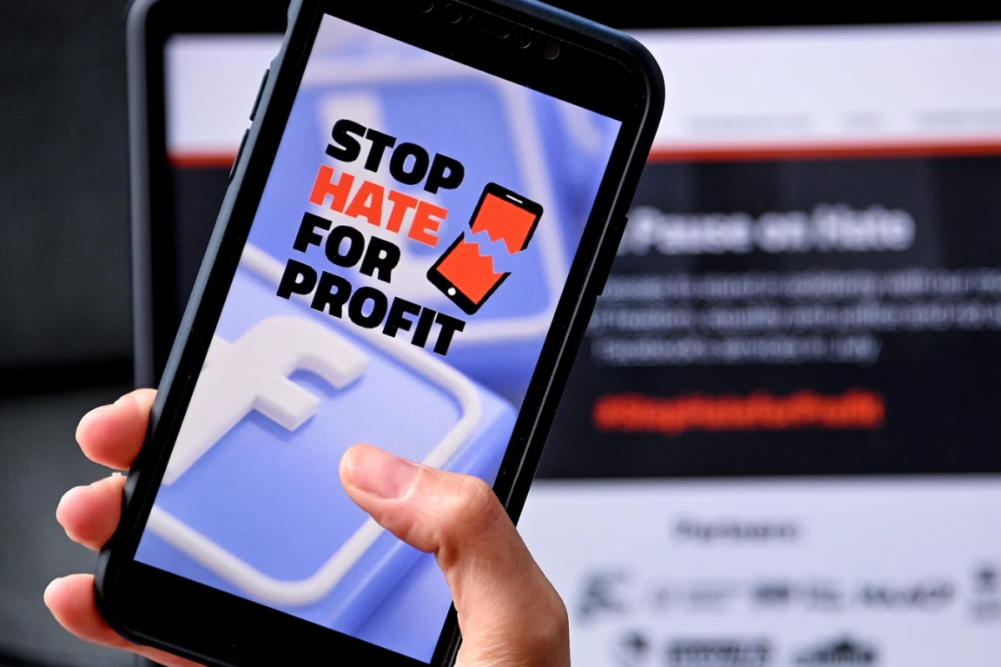 KANSAS CITY — The food and beverage industry’s support of diversity and racial justice represents an important step forward, but efforts must go beyond internal initiatives and programs. It is not enough for efforts at inclusion and diversity to stop at the edge of an organizational chart. In the rapidly evolving world of digital media, it is incumbent for marketers to ensure product promotions do not support those outlets that traffic in racism and hate.
KANSAS CITY — The food and beverage industry’s support of diversity and racial justice represents an important step forward, but efforts must go beyond internal initiatives and programs. It is not enough for efforts at inclusion and diversity to stop at the edge of an organizational chart. In the rapidly evolving world of digital media, it is incumbent for marketers to ensure product promotions do not support those outlets that traffic in racism and hate.
This past July, more than 1,000 marketers generated attention for their embrace of #Stophateforprofit, an advocacy group that raises awareness about and works to stop the proliferation of hate speech on social media platforms like Facebook, Instagram and Twitter. Prominent consumer packaged goods companies, including Chobani LLC; Clif Bar; Dunkin’ Brands Group, Inc.; J.M. Smucker Co.; Kind; Starbucks Corp.; Unilever and others paused their social media marketing programs to make a statement, and each deserves credit for taking a stand. Unilever went even further, halting its social media campaigns for the rest of the year.
In a statement Unilever said, “… We are actively engaging with all digital platforms to make meaningful change and impact trust and transparency. We have made substantial progress, and we acknowledge the efforts of our partners, but there is much more to be done, especially in the areas of divisiveness and hate speech during this polarized election period in the US.”
As part of its corporate social responsibility initiatives, the J.M. Smucker Co. updated its marketing guidelines to clarify expectations of its social media partners to eliminate hate speech and discriminatory content from their platforms. The effort resulted in the company joining the #Stophateforprofit movement.
That so many companies recognize the issue of hate speech on social media platforms is a problem is promising. Yet the effort was not without controversy, with detractors saying such boycotts are censorship. This argument rings hollow. The intolerant, racist and misogynistic among us in the United States are free at this very moment to fling open their doors or windows and express their opinion. Nothing in the First Amendment says they should be allowed to hide in the shadows of social media sites and have their toxic opinions amplified by an algorithm.
It is astonishing that boycotting companies that knowingly disseminate hate speech would be considered controversial. No marketer in their right mind would engage with newspapers, websites, radio or television stations that acted in a similar fashion. But social media is newer and its companies are not governed by the same regulations or standards and have successfully fended off governance by contending they have little control over the content users post to their platforms.
All social media companies have said they are actively trying to address the problem. The #Stophateforprofit initiative was launched because these efforts have appeared ineffective or are advancing at a glacial pace.
Of course social media marketing is an important way to reach consumers, but it is not enough to simply say “we care,” that Black Lives Matter or express support for the #Metoo movement. Supporting those who traffic in the hate that stains the social discourse must not be incentivized with the goal of selling more biscuits, crackers or seasoning packets. Stopping hate for profit requires the action of leaders and marketers who are committed to living their personal and corporate values.





